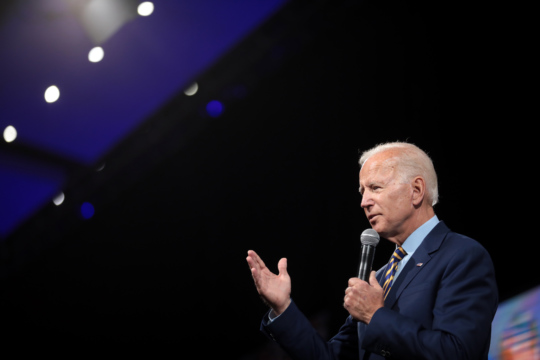
Let’s Work With Latin America to Fight Climate Change
The Biden administration should support clean energy investments and environmental protections in the region.
The Biden administration should support clean energy investments and environmental protections in the region.
The Institute of the Americas held a virtual roundtable December 3-4, 2020, on barriers and opportunities for hydrocarbon development in Argentina. Lisa Viscidi, director of the Energy, Climate Change & Extractive Industries Program at the Dialogue, was a panelist at the event. She discussed president-elect Biden’s energy plans, US-Argentine relations, and clean technology investment.
As economies seek to rebuild in the aftermath of the Covid-19 crisis, there is an opportunity to accelerate climate change mitigation and adaptation and shape more sustainable economic models. Revenues from the extractive industries can provide crucial resources in this effort, according to a new report by the Inter-American Dialogue.
El Diálogo Interamericano preparó un informe titulado “El impacto de la política eléctrica estado-céntrica en México en el comercio, el clima y la economía”, el cual analiza los principales cambios ocurridos en la política energética de México y sus impactos en la inversión y en el medio ambiente. El informe fue presentado en un webinar el 18 de noviembre organizado por la Universidad Nacional Autónoma de México y el Real Instituto Elcano.
An Energy Advisor Q&A featuring experts’ viewpoints on the López Obrador’s changes to the Mexican power sector.
Over the past two years, the government of Mexican President Andrés Manuel López Obrador has sought to strip away central aspects of the 2013 energy reform that increased private investment in the power sector and return control of the sector to state utility CFE. These moves will reduce needed investment in the sector and lead to higher electricity costs for Mexican industry and manufacturing, affecting employment, trade, and Mexico’s ability to meet its clean energy targets, according to this new report by the Inter-American Dialogue.
2020 has been a tumultuous year for Latin America’s energy sector. The global pandemic has led to a sharp decline in oil demand and prices even as clean energy investments accelerate. With presidential elections around the corner in the United States, the future of US energy diplomacy in the region is unclear. Industry executives, government officials, and corporate representatives convened to discuss the challenges and opportunities in today’s energy markets during the virtual Fourth Annual Energy Conference.
This policy brief examines the regulatory changes in Mexico’s electric power sector made under the López Obrador administration. The brief analyzes the broader implications for Mexico’s economy and its trade and economic relations with its key trading partner, the United States. A full report will be forthcoming in October 2020.
An Energy Advisor Q&A featuring experts’ takes on the progress of Chile’s transition toward renewable energy.
What do the new rules in Mexico’s power sector entail, and why have the sparked controversy among energy companies and local industry groups?
The recent oil price collapse, combined with the economic contraction resulting from measures to fight the global Covid-19 pandemic, will have extensive and largely unforetold impacts for Latin American energy markets and beyond. These implications include cuts to investment and delays to ongoing projects in both oil & gas and renewable energy, fiscal and broader economic constraints, and legal disputes, said panelists during a webinar held on April 1.
Caribbean islands are in many ways ideal markets for electric vehicles, and several Caribbean jurisdictions have made significant advances in promoting electric mobility. Examining five case studies—Barbados, Bermuda, Cayman Islands, Jamaica, and the Dominican Republic—this report identifies the key challenges and recommends actions that Caribbean governments and other stakeholders can take to stimulate EV adoption.
Long-term power supply auctions are an increasingly popular instrument worldwide for attracting renewable energy investment while cutting prices, increasing energy security, and reducing emissions. Latin America has been at the forefront of using auctions to boost renewable energy capacity. This study analyzes design and outcomes of government-led long-term power auctions with participation from non-conventional renewable sources in six countries in Latin America and the Caribbean (Brazil, Chile, Mexico, Argentina, Peru, and Jamaica) since 2015.
This event, hosted in collaboration with the Institute of the Americas, aimed to examine the issues facing Mexico’s climate for energy investment across various sectors including power, renewables, oil and natural gas.
Lisa Viscidi, director of the Energy Program, spoke about the production of natural gas in Argentina and the fuel’s role in the country’s energy transition on a panel organized by the Organization of American States’ Energy and Climate Partnership of the Americas on December 13.
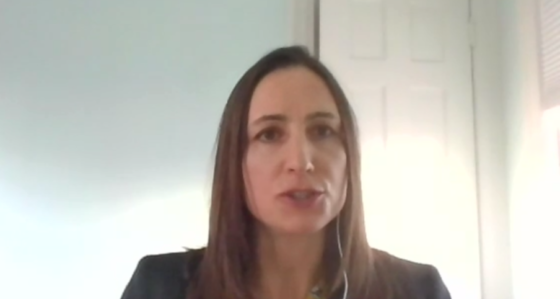 Video
Video
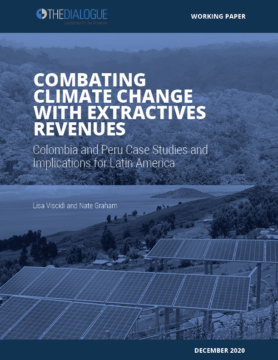
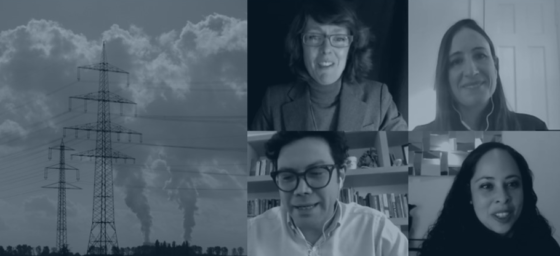 Video
Video
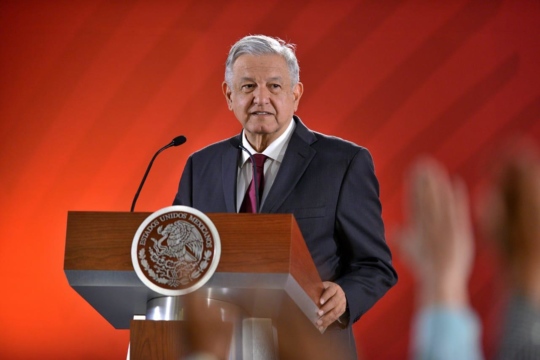
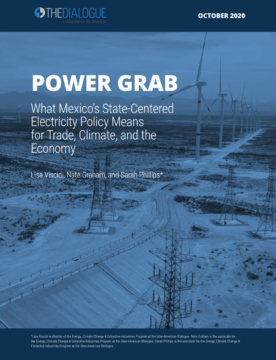
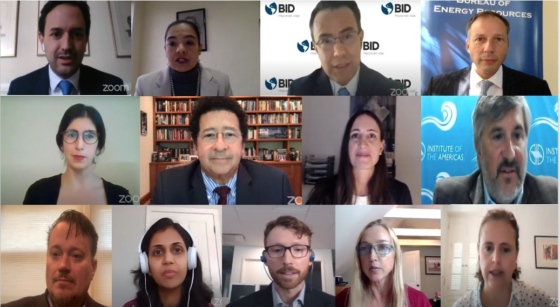 Video
Video
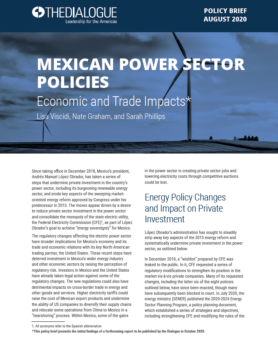
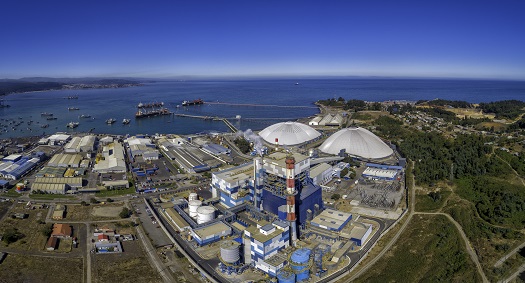
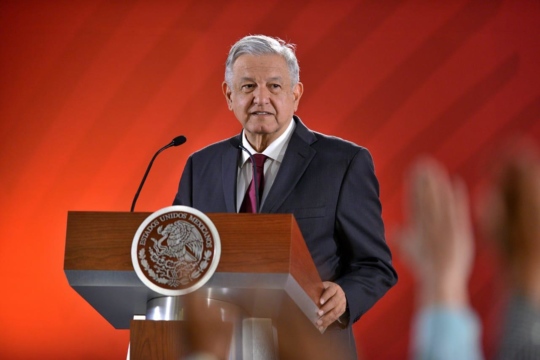
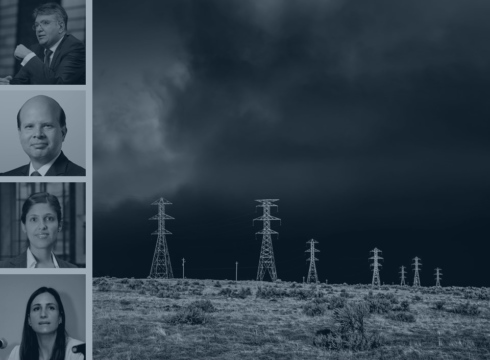 Video
Video
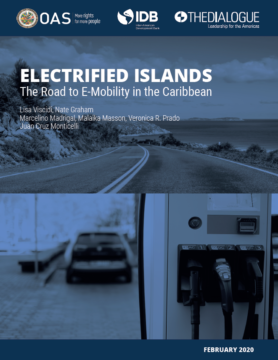
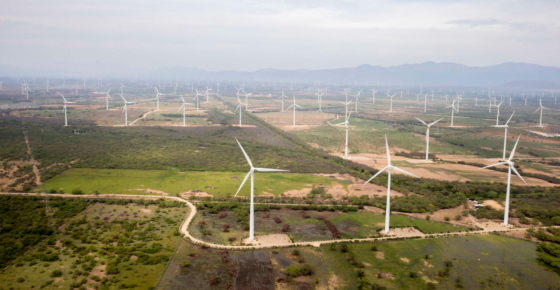

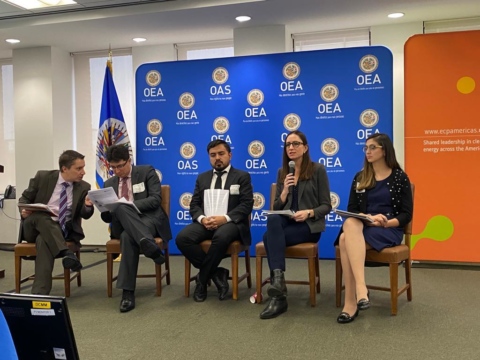 Video
Video